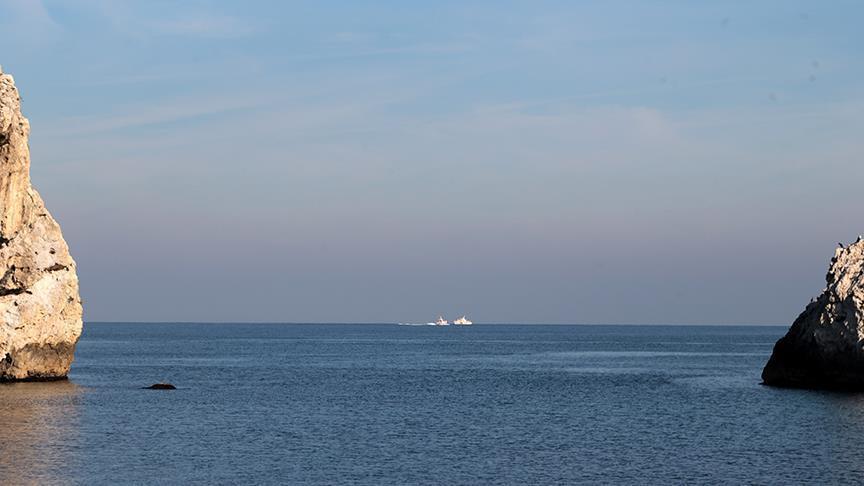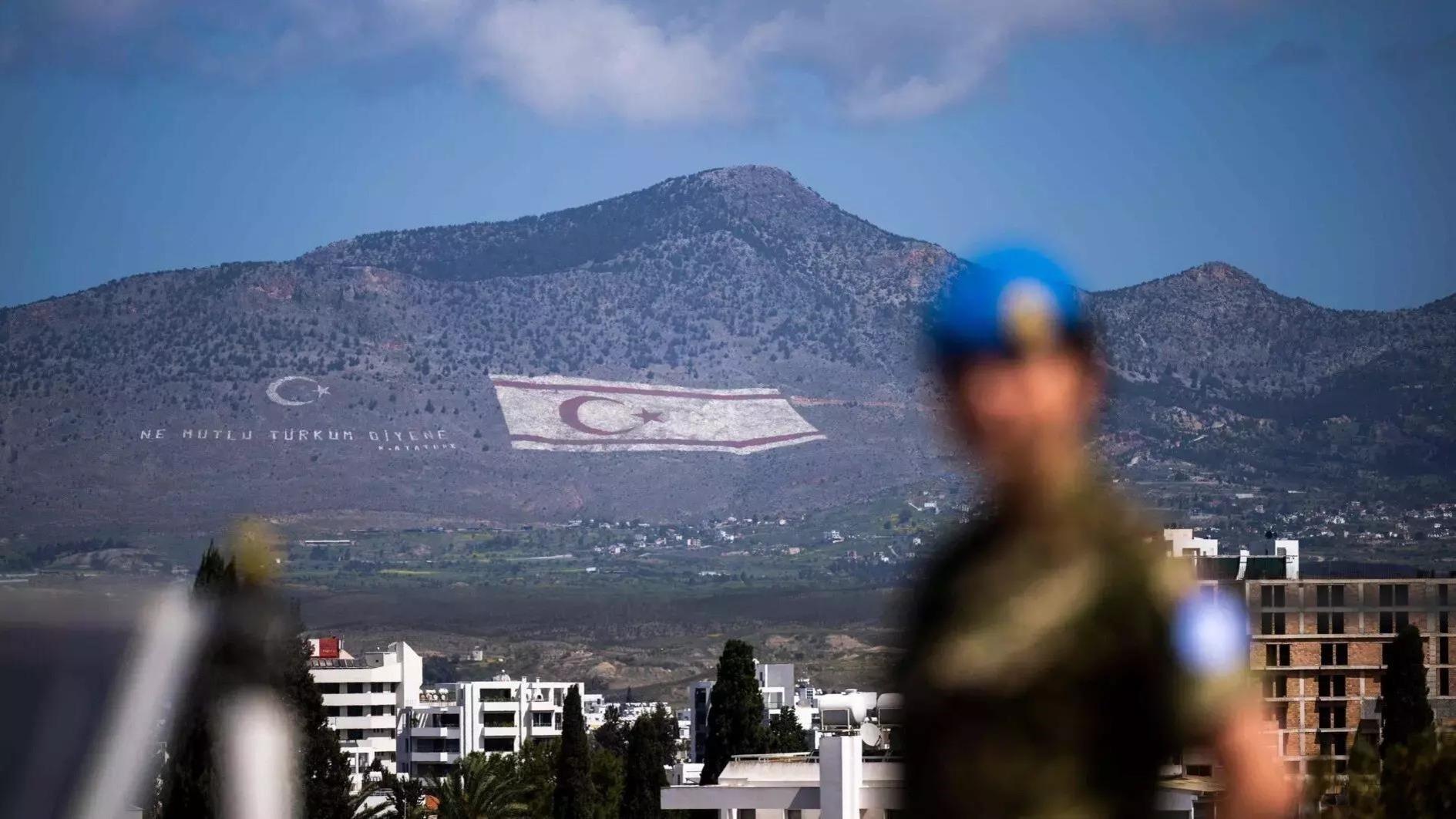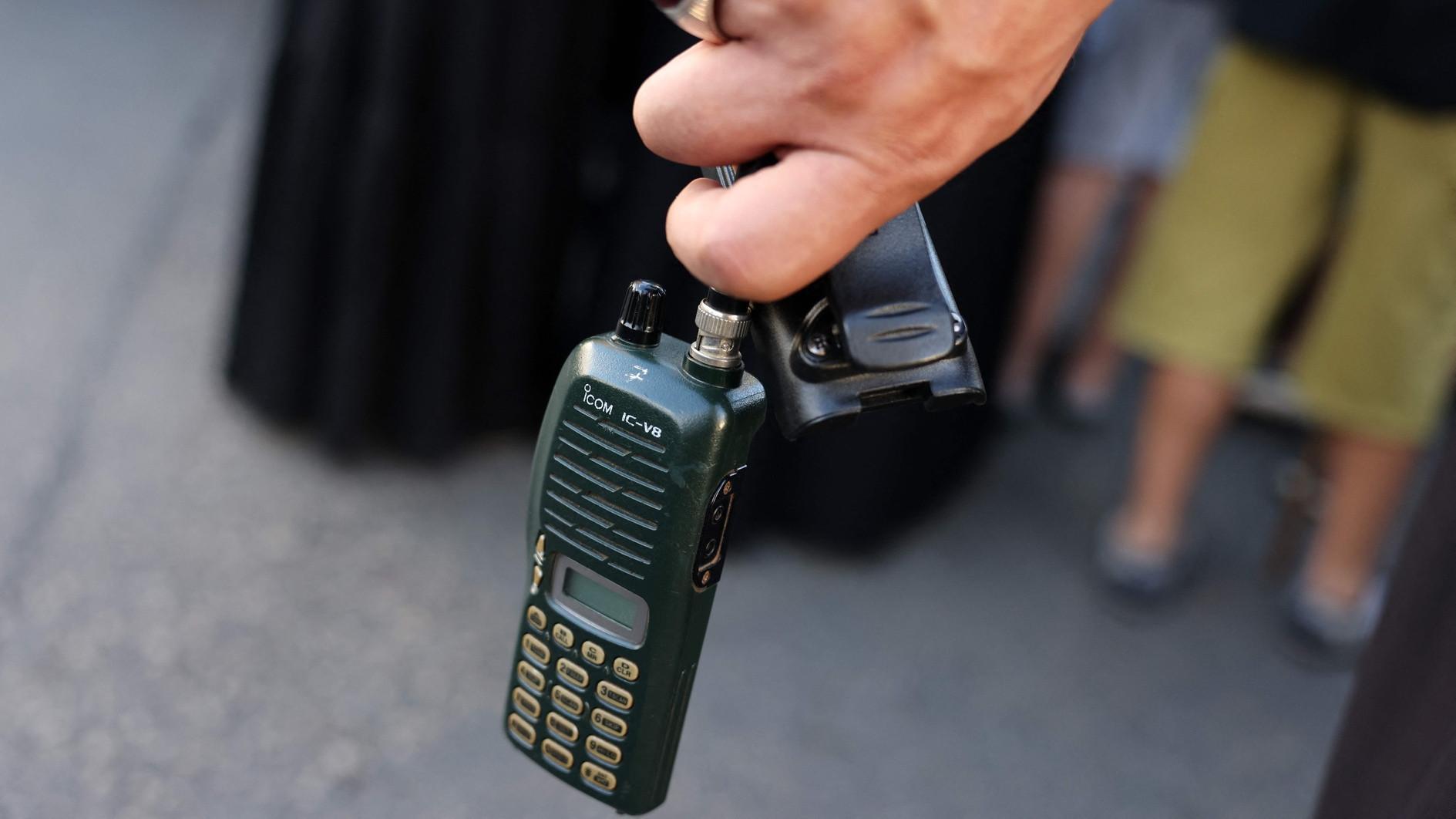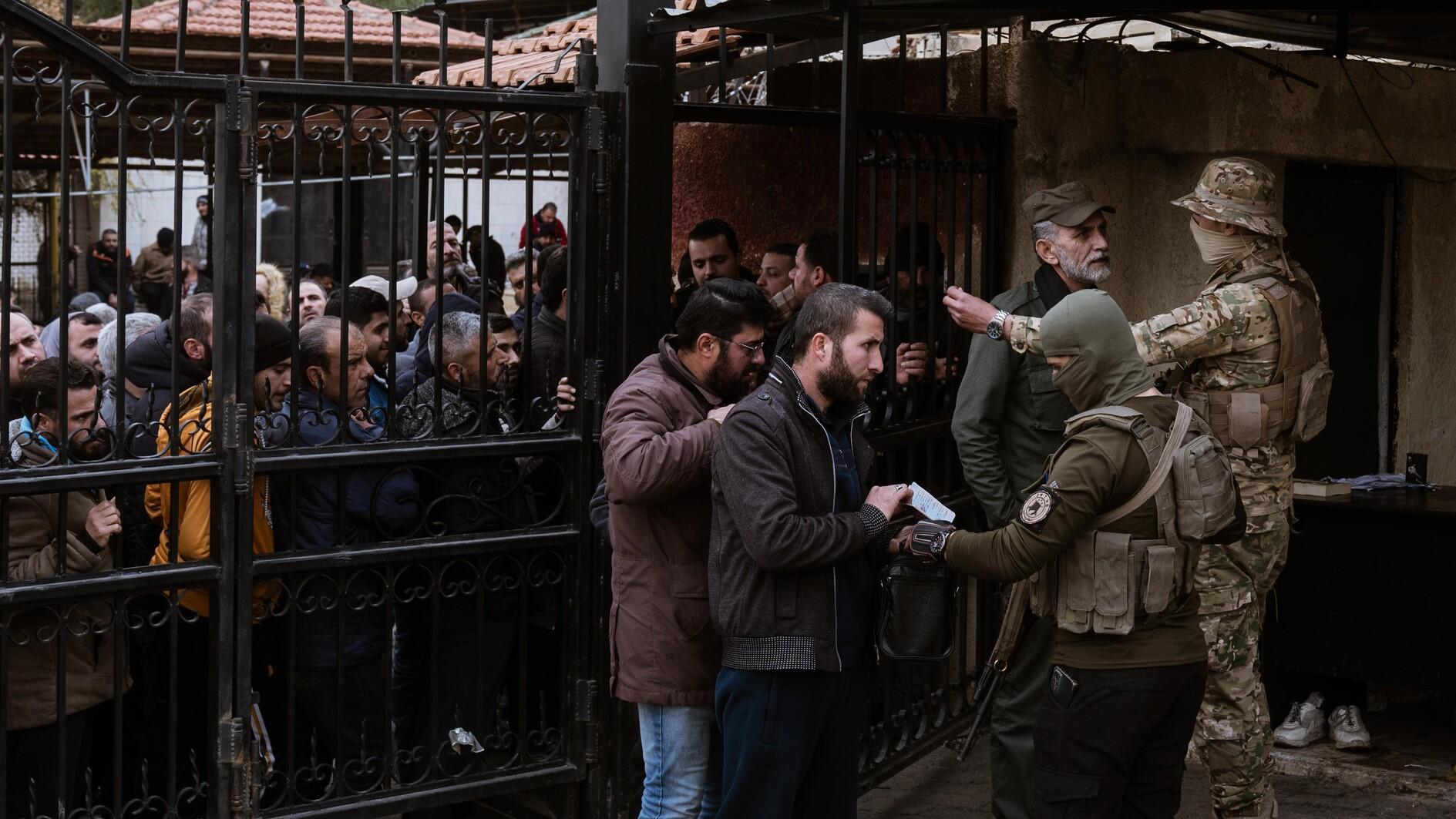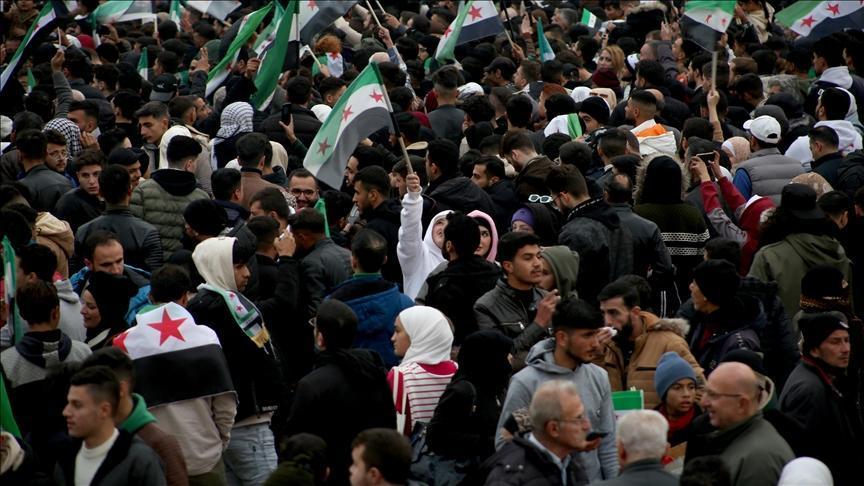Turkey: All alone with Syria
The number of Syrian refugees sheltering in Turkey exceeded 100,000 on Monday, the figure that Foreign Minister Ahmet Davutoğlu had described as a “psychological threshold” that would potentially force the Turkish government to change its open door policy for helping fleeing Syrians inside Turkish territory. Prime Minister Recep Tayyip Erdoğan announced that Turkey would continue to accept Syrians, recalling that it delivered humanitarian aid to 750,000 Iraqis in the early 1990s, but also expressing his expectation that the number of Syrians seeking help would not reach that figure.
Turkish humanitarian agencies are busy getting more refugee camps ready, as the influx is not slowing down. At least four new camps are being established along the border, and calls to the international community for humanitarian aid are becoming much louder. The estimation is that the number of Syrians seeking refuge could hit up to 400,000 by June 2013.
On another front, Turkey has clearly shown its determination to bar its airspace to planes carrying arms and other military equipment to Syria, at the expense of confronting regional power Russia. Probing Air Armenia’s Aleppo-bound plane and restricting a number of Ukrainian planes from using Turkish airspace in previous weeks delivered the message to pro-Damascus countries that Turkey would take all necessary measures to stop the arms supply to Syria.
With its immediate retaliation against errant Syrian shelling on Turkish territory, Turkey is making clear that it will not ease the conditions for the Syrian regime to crackdown on the actions of the Free Syrian Army (FSA) in areas near its border. Despite the fact that the flow of heavy weapons to the FSA was suspended a while ago, there is no indication that the rebels are losing their positions. However, on the other hand, as one rebel leader confessed last week, they can no longer land heavy blows on the regime forces and no such regime can be toppled only with Kalashnikov rifles.
On the diplomatic front, Lakhtar Brahimi is touring the region with little hope of a breakthrough, but talking about vague plans such as deploying a peace force in Syria. Egypt’s initiative is also not moving ahead due to the unwillingness of Saudi Arabia. The Friends of Syria group seems to have disappeared, until it meets again in Morocco who knows when. Basically, there is no means left for a fresh international effort to stop the bloodshed in Syria.
However, most important is the break in the (previously efficient) cooperation between Turkey and the United States. Turkish officials do not hide their disappointment with the passivity of Washington, with little hope that things will change course after the presidential elections there. Turkey, left all alone with Syria in the region, is on the one hand trying to handle the growing refugee problem while on the other hand it is using all means to stop the arms supply to defiant Damascus.
Provocations that could push Turkey to take further military action on or inside the Syria border are the main concerns. The military and the government should be very wary of such provocative acts and pay more attention to the security risks that have already been posed against Turkey and its citizens during the course of this crisis.



